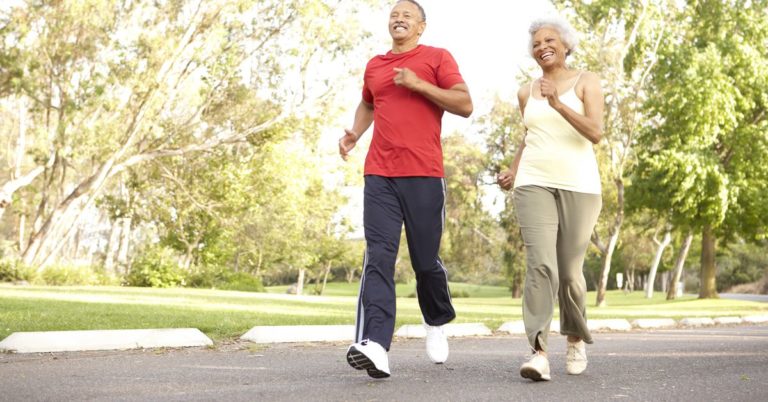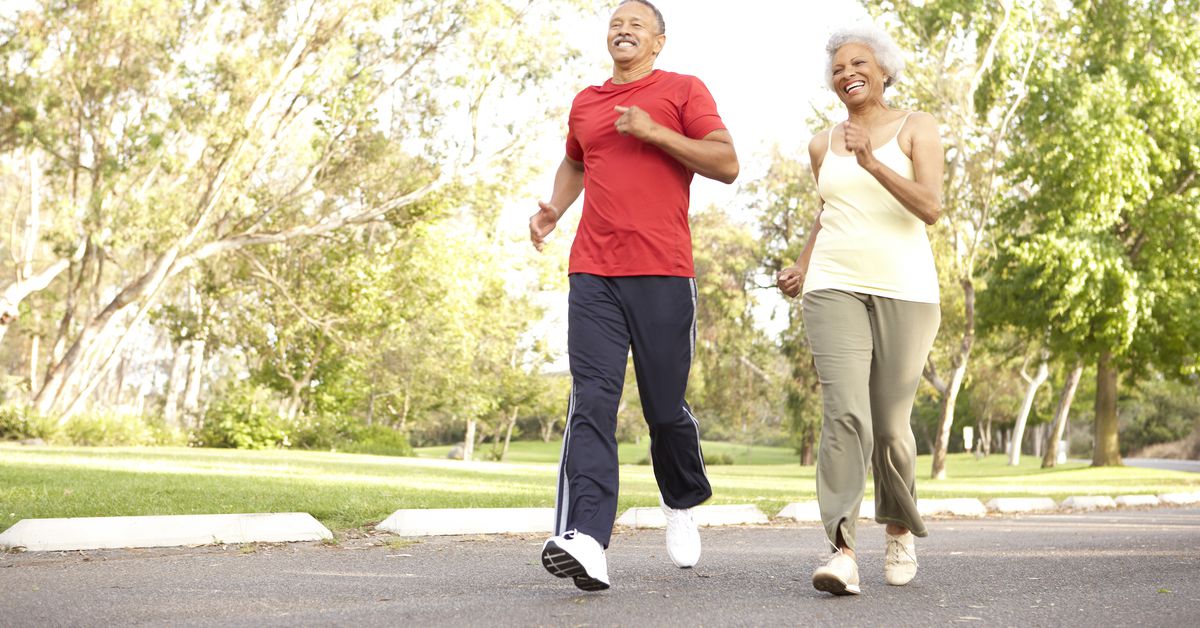

Dear Doctor: Our dad is 78 years old, and he has started spending a lot more time indoors and on his recliner. He’s in good health, but he says he’s getting too old for exercise to matter. What can we say to persuade him to become active again?
Answer: Exercise is an important part of ongoing health and fitness, and, despite your dad’s feelings to the contrary, we never age out of our need for it.
Studies show that becoming or remaining active as an older adult offers a wide array of benefits.
Regular exercise can improve cardiovascular health, help lower blood pressure, lessen the risk of chronic diseases such as Type 2 diabetes, colon cancer and heart disease, help improve balance, strength, flexibility and stamina, maintain healthy weight and avoid joint problems, help with swelling and pain due to arthritis and lower the risk of falls.
Exercise has mental health benefits as well. Older adults who incorporate even moderate amounts of exercise into their daily lives report having a better mood and outlook, improved cognitive function and a lessening of symptoms of anxiety and depression.
Remaining physically active also has been shown to help older adults maintain their ability to live independently.
Think in terms of a mix of activities. And be creative. Walking, jogging, swimming and biking all fit the bill for moderate aerobic activities for endurance, and so do dancing, raking the lawn or playing badminton.
We lose muscle mass as we age, so strength and resistance exercises, such as weightlifting or Pilates, are important.
Activities like stretching, tai chi and yoga help keep joints loose and muscles limber.
Guidelines recommend that people 65 and older do at least two and a half hours of moderate aerobic exercise a week, which averages out to a manageable 20-ish minutes a day.
Even better than sharing this information with your dad, provide a good example. It’s not just older adults who fall short of the recommended levels of exercise and physical activity. As many as half of all adults miss the mark. Maybe choose an activity to do together once or twice a week and get up and moving.
A final thought: If your dad has supplementary Medicare coverage, check whether it includes SilverSneakers, a health-and-fitness program designed for older adults that will give him access to a range of fitness options including gyms, community centers and other fitness locations.
Your dad should check with his doctor or other health care provider before making any significant changes to his exercise regimen or activity. They can evaluate his condition and fitness level and point him to appropriate activities.
Dr. Eve Glazier is an internist and associate professor of medicine, and Dr. Elizabeth Ko is an internist and assistant professor of medicine, both at UCLA Health.